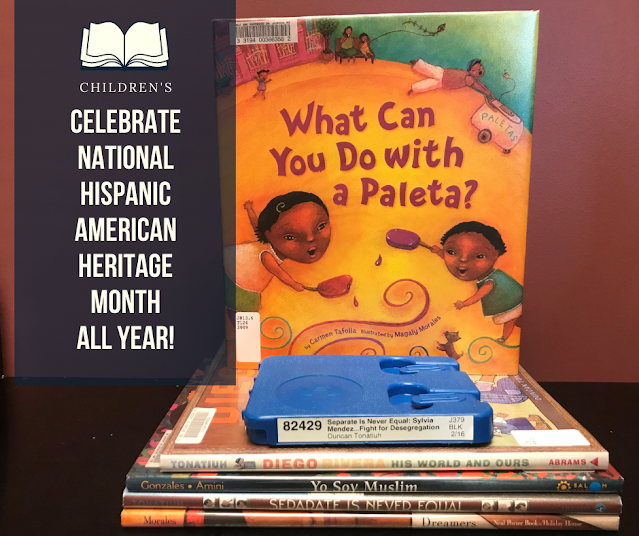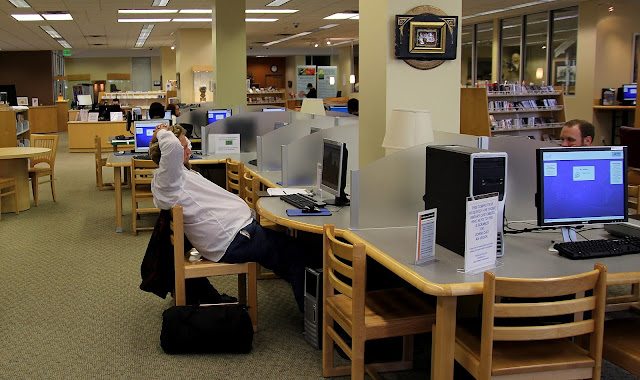Our Read with Welty reading challenge encourages you to read 12 books from Welty’s home library at your own pace—over the next weeks, months, or even year! Each week, we’ll explore one of the books here.
Week Four: Juke Joint by Birney Imes
Eudora Welty’s photographs, taken mostly in the 1930s once she returned to Mississippi from New York, are known for their empathy and humanity. Her subjects are the commonplace: children sitting on porches, women strolling down Main Street, abandoned houses, store signs. They capture a time and most importantly, a place: Mississippi.
 |
| State Fair, Jackson, Mississippi, 1939. Eudora Welty. |
Birney Imes’s Juke Joint does a similar thing: his photographs capture Mississippi Delta juke joints of the 1980s, many of them now gone. In the introduction by novelist Richard Ford, he relays a story that comes closest to capturing the photos in words:
There is a story Birney Imes tells about a friend who suggested that none of the subjects in his photographs—these shadowed, motley rooms with honky-tonk facades, the oddly objectified humans who stare at us—none of these ever actually existed on the earth but were actually creations of Imes’s imagination—only seemed to be juke joints with men sleeping it off and women smiling out from boozy luminence.
 |
| Purple Rain Lounge, Duncan, 1989. Birney Imes. |
Imes’s photos are bright, colorful, and vibrant—the viewer is nearly there. We’re in the small rooms crowded with furniture, we see the handlettered signs with prices and rules. They are, as Richard Ford says, a treat for the eyes.

















